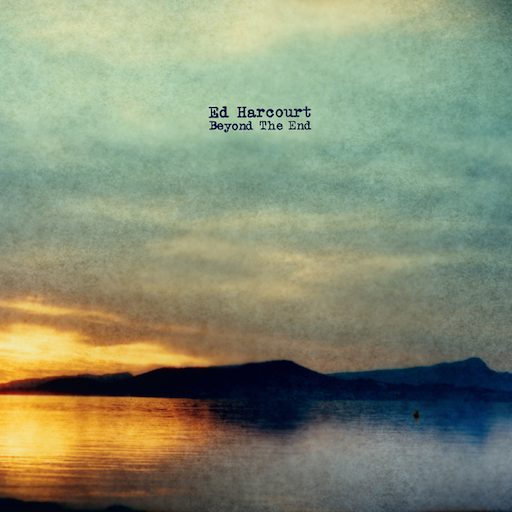Ed Harcourt: Beyond The End

Ever since launching his career with his storied debut Here Be Monsters in 2001, Ed Harcourt has scored a nomination for the prestigious Mercury Prize and become a much in demand contributor to other people’s albums (the most recent being Marianne Faithfull’s widely heralded Negative Capability), Harcourt happily assumed the role of a pensive provocateur capable of both a cinematic sweep and low cast musings.
-

-

-

-

-

-

-

-

-

-

-

-

-

-

-

-

-

-

-

-

-

-

-

-

-

-

-

-

-

-

-

-

-

-

-

-

-

-

-

-








































